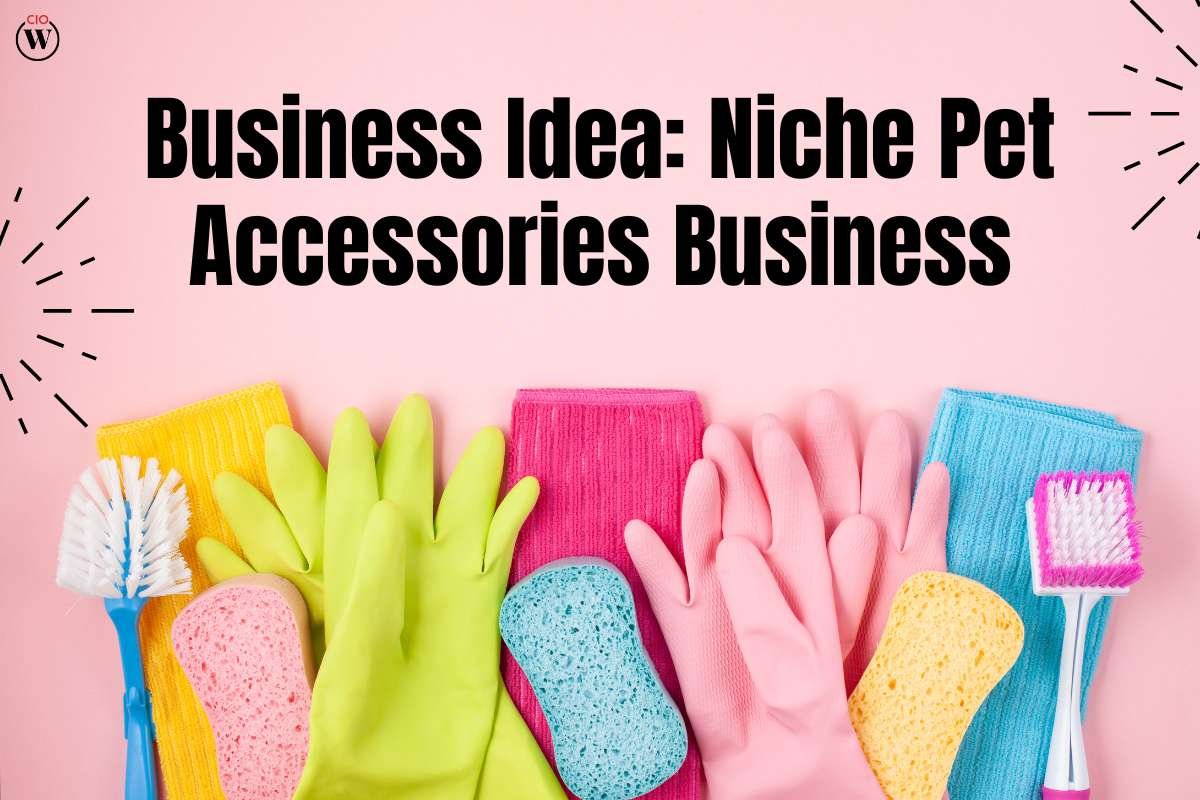If you’re an animal lover with an entrepreneurial spirit, starting a niche pet accessories business could be an exciting and rewarding opportunity. In this article, we will explore what a niche pet accessories business is, how to develop a business plan, and tips for success.
What is a Niche Pet Accessories Business?
A niche pet accessories business is a company that specializes in creating and selling pet accessories that cater to a specific market segment. This could include products for a particular breed of animal, products made from sustainable materials, or products that address a specific need, such as calming aids for anxious pets.
By focusing on a specific niche, you can differentiate yourself from competitors and build a loyal customer base who are passionate about your products. With the pet industry’s continued growth, there are many opportunities for innovative and unique pet accessories businesses.
1. Developing a Business Plan
Before starting your niche pet accessories business, it’s essential to develop a comprehensive business plan. A business plan will help you determine your company’s direction, identify potential challenges and opportunities, and provide a roadmap for success.
2. Identify Your Target Market
The first step in developing a business plan is to identify your target market. Who are your ideal customers? What are their needs and preferences? Understanding your target market will help you tailor your products and marketing efforts to meet their specific needs and preferences.

For example, if you decide to focus on creating pet accessories for a specific breed, you will need to understand that breed’s unique characteristics and preferences. This will help you design products that are functional and attractive to that breed’s owners.
3. Define Your Product Offering
Next, you need to define your product offering. What types of products will you create and sell? Will you focus on a specific category of pet accessories, such as collars or toys, or offer a wider range of products?
When defining your product offering, it’s important to consider your target market’s needs and preferences. You may want to conduct market research or customer surveys to get a better understanding of what products are in demand.
4. Create a Marketing Strategy
Once you have identified your target market and defined your product offering, you need to develop a marketing strategy. How will you reach your target market and promote your products?
Your marketing strategy should include a mix of tactics, such as social media marketing, email marketing, influencer partnerships, and in-store events. You should also consider attending pet trade shows and events to showcase your products and build brand awareness.
5. Develop a Sales Strategy
In addition to your marketing strategy, you need to develop a sales strategy. How will you sell your products? Will you sell them online through your website or on third-party marketplaces such as Etsy or Amazon? Will you sell your products through pet stores or other retail channels?

When developing your sales strategy, it’s important to consider the costs and logistics involved in each channel. You will also need to think about how to manage inventory and fulfillment to ensure timely delivery to your customers.
6. Determine Your Financial Plan
Finally, you need to determine your financial plan. This should include projections for revenue, expenses, and profits. You should also consider funding sources, such as loans, grants, or crowdfunding.
It’s important to be realistic in your financial projections and consider factors such as product development costs, marketing expenses, and overhead costs. You may want to seek the advice of a financial advisor or accountant to help you develop a sound financial plan.
Tips for Success
Starting a niche pet accessories business can be challenging, but with the right strategies, you can set yourself up for success. Here are some tips to help you get started:
1. Focus on Quality
Pet owners want the best for their furry friends, and quality is essential when it comes to pet accessories. Focus on creating high-quality products that are durable, functional, and attractive. Use high-quality materials and pay attention to the details to ensure that your products stand out from competitors.
2. Be Innovative
The pet industry is constantly evolving, and pet owners are always looking for new and innovative products. Don’t be afraid to experiment with new ideas and designs. Consider using sustainable or eco-friendly materials, incorporating technology, or developing products that address specific health or behavior needs.
3. Build a Strong Brand

Building a strong brand is essential for success in the pet accessories business. Your brand should reflect your values and mission, and resonate with your target market. Use social media and other marketing channels to build brand awareness and engage with your audience.
4. Provide Exceptional Customer Service
Pet owners are passionate about their animals, and providing exceptional customer service is essential for building a loyal customer base. Be responsive to customer inquiries and concerns, and provide timely updates on shipping and order fulfillment. Consider offering a satisfaction guarantee or easy returns to build trust and confidence in your brand.
5. Stay up to Date on Trends
Staying up to date on pet industry trends and changes is critical for success in the niche pet accessories business. Keep an eye on emerging trends in pet ownership, such as the rise of plant-based diets for pets or the increasing popularity of CBD products for pets. Attend industry trade shows and events to stay informed and network with other industry professionals.
BOTTOM LINE
Starting a niche pet accessories business can be an exciting and rewarding opportunity for animal lovers with an entrepreneurial spirit. By developing a comprehensive business plan, focusing on quality, innovation, and building a strong brand, providing exceptional customer service, and staying up to date on industry trends, you can set yourself up for success in the growing pet industry.
Read More: Business Idea: Helping People to Fight Foreclosure









